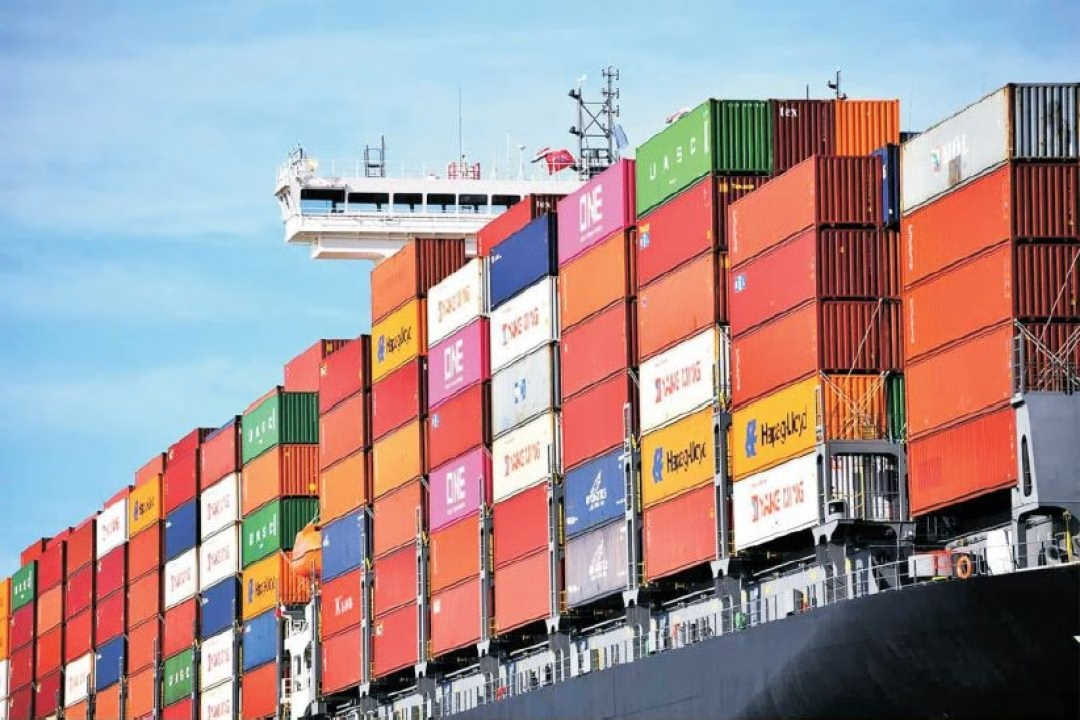Ghana is facing a potential revenue loss of approximately $50 million if the European Union (EU) enforces a ban on the export of vegetables and other produce from the country. This looming threat is primarily due to the ongoing devastation caused by illegal mining activities, which have severely impacted the quality of water bodies used for irrigation.
The Vegetable Producers and Exporters Association of Ghana (VEPEAG) has voiced significant concerns over the severe consequences that a potential EU ban would have on their industry. The association fears that the ban could cripple the sector, leading to massive job losses and economic downturns.
In October 2014, the EU imposed a three-year ban on the import of gourds and Asian vegetables, including chillies and aubergines, from Ghana. This decision was made due to concerns over pest infestations that posed risks to the EU’s ecosystem. The ban resulted in a substantial revenue loss of approximately $30 million for Ghana. After a thorough assessment by the EU’s Food and Veterinary Office, the ban was eventually lifted, allowing Ghana to resume its exports.
However, the current situation has rekindled fears of a similar outcome. The ongoing pollution of water bodies, a direct consequence of illegal mining activities, threatens to compromise the quality of Ghanaian vegetables. This pollution could lead to another ban, which would be devastating for the industry.
Dr. Felix Mawuli Kamasah, President of VEPEAG, has urged the government to take immediate action to prevent further damage to the sector. In a recent interview, he emphasized the need for the government to implement stringent policies and standards to ensure the quality of Ghanaian produce. “We want to tell the government that they should quickly come out with a policy in terms of standard and quality and the measures we can put in place. This will enable us to secure what we are doing,” he stated.
Dr. Kamasah highlighted the potential job losses that could result from an EU ban. He noted that many young people are involved in vegetable farming and agribusiness, and a ban would severely impact their livelihoods. “When the ban is enforced, a lot of people will lose their jobs because most of the youth have a lot of interest in vegetable farming or agribusiness. With little knowledge we have, if the ban is enforced, what we are doing, we are looking around 50 million dollars which will be lost,” he added.
The association has also expressed its readiness to join forces with Organized Labour in a demonstration against the government if no decisive policy is introduced to tackle the illegal mining menace. VEPEAG has set a deadline for the end of September for the government to act.
“If the president does not come out with a policy by the close of the month, if we don’t hear anything from him, we will join the Labour people. This is because we work closely with the labour. We will join them for the demonstration because what we are telling the president is that he should come out like what he did to the COVID-19 issue,” Dr. Kamasah warned.
The potential EU ban is not just an economic issue but also a social one. The livelihoods of many families depend on the vegetable export industry, and a ban would have far-reaching consequences. The government’s swift action is crucial to prevent a repeat of the 2014 scenario.
The threat of an EU ban on Ghanaian vegetable exports due to illegal mining activities is a pressing issue that requires immediate government intervention. The Vegetable Producers and Exporters Association of Ghana is calling for stringent policies and standards to safeguard the industry and prevent significant economic and social repercussions.

